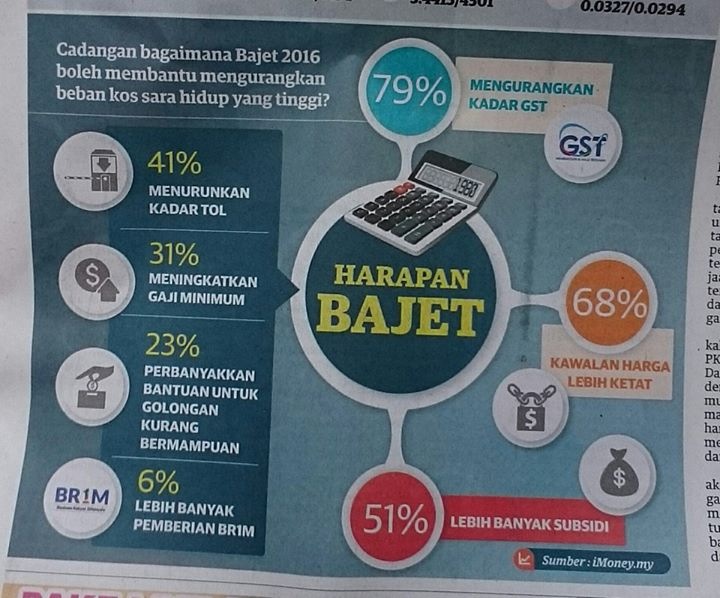Re-Thinking Economics Part 8
On Government & Politics
In the current bleak outlook of the world, quite a number of Muslims romanticize the return of the Caliphate. Some went as far as resorting to militant actions to realize their dreams. If not, many yearn for an Islamist to become a president or prime minister.
The idea is as if a benevolent leader or government will solve all the socio-economic problem overnight. All people needing help will get assistance from the government and all infrastructure people wished for will be built.
Is that the reality or just a fantasy?
Shaykh Abdal Hakim Murad points out that the role of the government is not to provide welfare directly to the people. Instead the leader encourage citizens to help one another.
Contemporary government usually is set up like this; the government collects tax from wealthy individuals and companies. Then the tax collected is used to provide welfare and build infrastructure for the people. In effect, it is a cross-subsidy.
Ideally, that should be the set up. But then tax collected were never enough and usually governments will resort to debt through sovereign bonds. The idea is to borrow money and use it to stimulate the economy. With that, hopefully the economy will expand and the government will have more revenue.
Why tax are not enough to fund welfare and infrastructure for the people? Most famously, we know how the wealthy cook up creative ways to legally avoid paying tax. ‘Double Dutch’ and ‘Irish Sandwich’ are some of the tactics. If that is not enough, they lobby for tax breaks, rebates and reduction of rates.
Let’s rewind all the way to the early days of Muhammad in Medina. After establishing a mosque, he created a new market. At that time, there were four other markets.
The key feature of this market is that there’s no tax imposed and there’s no price control.
If that is the ideal, then how government get anything built? Sure, there’s zakat but it’s only 2.5%. The rate of 20% is only reserved for mineral wealth. That is assuming the people will pay to the government’s Baitulmal.
What if the people choose not to? Then the government will not have any money to spend at all. Does this mean the poor will be left unsupported and no infrastructures will be built?
Rather than forcing the rich to cross-subsidize the poor, Shariah-based economic systems count on the capability of men to be altruistic. The leader points out who need to to be helped and what need to be built. Then the rich contributes directly without government intervention if the form of zakat, sadaqah or waqf. Instead of paying taxes imposed by men, the rich performs an act of worship.
During his life, Muhammad does distributes sadaqah on behalf others but the money are rarely kept overnight. It is usually immediately disbursed to those who need it.
In other words, we can see the pattern fits to the characteristics of a very small government.
Many great institutions and infrastructures present till today in the Muslim world are the result of waqf voluntarily endowed by the rich. It was not a result of government project funded by tax collected from the people. al-Azhar University is one of the prominent example.
This is quite a paradox, earlier on we see who Shariah-based economy is designed to safeguard from human greed. It even went as far as restraining human appetite for consumption. But why when it come to governance and distribution of wealth it expects humans to be benevolent and altruistic?
Through the lens of fragility, perhaps the logic of Shariah-based economy calculated that it is safer this way. It is better to risk the rich being stingy and not contribute to the society than resorting to the formation of a big government.
Collecting tax from the whole country will necessarily lead to the large concentration of wealth. This will also mean large concentration of power which can be easily exploited — both by the elected and those funding the election campaign.
This situation leads to many dysfunctional governments aorund the world. The rich don’t care because they are well-to-do and can lobby the government — enabling them to become ever richer. The poor is too busy struggling to live and can be easily placated with pittance payment from the government.
That leaves the middle squeezed and unable to drive much (if not any) government and societal reform. Shariah-based economy seems keen to stem any sort of government dependancy early on.
There’s also the question of ineffeciencies that besets big bloated governments.
In the next article, let’s return to our example city states of Almayer and Brooks.
